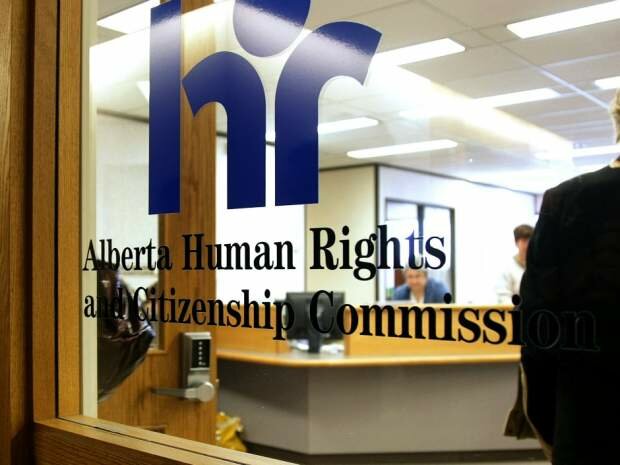Human Rights and Condominium Corporations
On March 24, 2016 Justice Robert Graesser came to the decision that Human Rights apply to condominium corporations.
- “It is recognized in Alberta as a fundamental principle and as a matter of public policy that all persons are equal in: dignity, rights and responsibilities without regard to race, religious beliefs, colour, gender, gender identity, gender expression, physical disability, mental disability, age, ancestry, place of origin, marital status, source of income, family status or sexual orientation.”
The above is what the Alberta Human Rights Act protects.
Now, all condominium corporation in Alberta must provide goods, services, facilities or accommodation customarily available to the general public in the same manner to all individuals regardless of the above protected dimensions of identity.
In terms of day-to-day living inside of a condominium there are now more accommodations that need to be offered. There is a new means of seeking judgement. There are changes afoot in the operation of every condominium.
The Alberta Human Rights Commission
The Alberta Human Rights Commission is now a body who can aid in the resolution of disputes among condominium owners. They join the Alberta Court of Queen’s Bench and the soon to be formed condominium complaint commission under Service Alberta. This provides ample coverage of different aspects of the conduct of condominiums.
The process
Write a letter. The human rights commission reads it and if they accept the case they send it off to the respondent – the person the complaint is against. The respondent has 30 days to respond to the complaint. At any time, the respondent can attempt to resolve the situation with the complainant. This can be in a bunch of forms:
Conciliation
After a complaint is accepted they Commission may offer conciliation to the parties. If everyone, including the Commission, agrees a conciliator is assigned to the case. This method is generally used to clarify all the parties’ positions to each other without prejudice. This means that none of the discussions that took place during conciliation are used outside of that process.
Investigation
The Commission can appoint human rights officers to further investigate a complaint. The officer will then impartially investigate information while maintaining communication with both parties. After the investigation is completed the office will give a written recommendation on whether or not to proceed to the tribunal or settlement process.
Settlement
If the information provided by the officer indicates there is a reasonable basis to proceed the Commission can ask the parties to attempt to resolve the complaint. Typically, this only means reverting to the situation that existed prior to the complaint, but it can include financial or non-financial remedies.
Human Rights Tribunal
If there is no means for the parties to reach resolution the regional director can sent proceedings to the Chief of the Commission and Tribunals and will appoint a human rights tribunal. The tribunal is a quasi-judicial body that have the power to hear shorn evidence and decide a complaint. Generally, the proceedings of a tribunal are less formal than a court hearing and are open to the public.
Why make the change?
Ultimately, Justice Graesser confirmed that Section 67 of the Condominium Property Act and the Alberta Human Rights Act are concurrent in jurisdiction on this matter. Justice Graesser takes time to explain that pursuing a civil hearing under the Condominium Property Act is likely to produce undue expense for both the victim and corporation. Justice Graesser also points out that the Human Rights Commission is typically without cost to the complainant, it provides greater expertise in matters of Human Rights legislation and is generally considered a conciliatory process as opposed to a punitive one.
 Hon. Justice Robert Graesser
Hon. Justice Robert Graesser
Justice Graesser also makes some errors in his judgement. In failing to recognize that a member who is suffering oppression at the hands of the board is also a party to the corporation. Justice Graesser does not address the fact that a civil suit against the corporation is a suit against one’s self as a party to the condominium corporation. Justice Graesser also confirms that civil proceedings “are slow, uncertain and long after the fact.” This is an indication of the failings of the justice system, not of the validity of the claim that Section 67 is adequate protection. The ultimate failing of this judgement is that the outcome of a lack of consensus in a Human Rights Tribunal is to fail over into the same system that the judge claims is less effective at hearing the case. It’s back to civil litigation through the Court of Queen’s Bench. Let alone the fact that many Human Rights complaints take an equal amount of time to be heard so do those processed by the courts.
Adding to the additional complication of this process is the Service Alberta creation of a condominium dispute tribunal. Though Service Alberta is reserving its plans for the implementation of the Tribunal it is clear in the Condominium Property Act creates a parallel court system to the Court of Queen’s bench able only to hear matters arising out of the Condominium Property Act.
Referring back to Justice Graesser’s findings he gives the follow example:
- “Assume that a condominium corporation has as a part of its common property a swimming pool. Assume that the duly elected board of that corporation decides that no ******s (fill in whomever you choose by way of race, religious beliefs, colour, gender, gender identity, gender expression, physical disability, mental disability, age, ancestry, place of origin, marital status, source of income, family status or sexual orientation) may use the swimming pool. Ms. X is *****.
- Is Ms. X to be required to commence an action under Section 67 of the Condominium Property Act to address that discrimination, or is Ms. X able to make a complaint to the Commission?
It seems to me that the answer is clearly ‘yes’.”
When Service Alberta enacts the condominium dispute tribunal will the answer continue to be “yes”?
That is going to be so much clearer.

